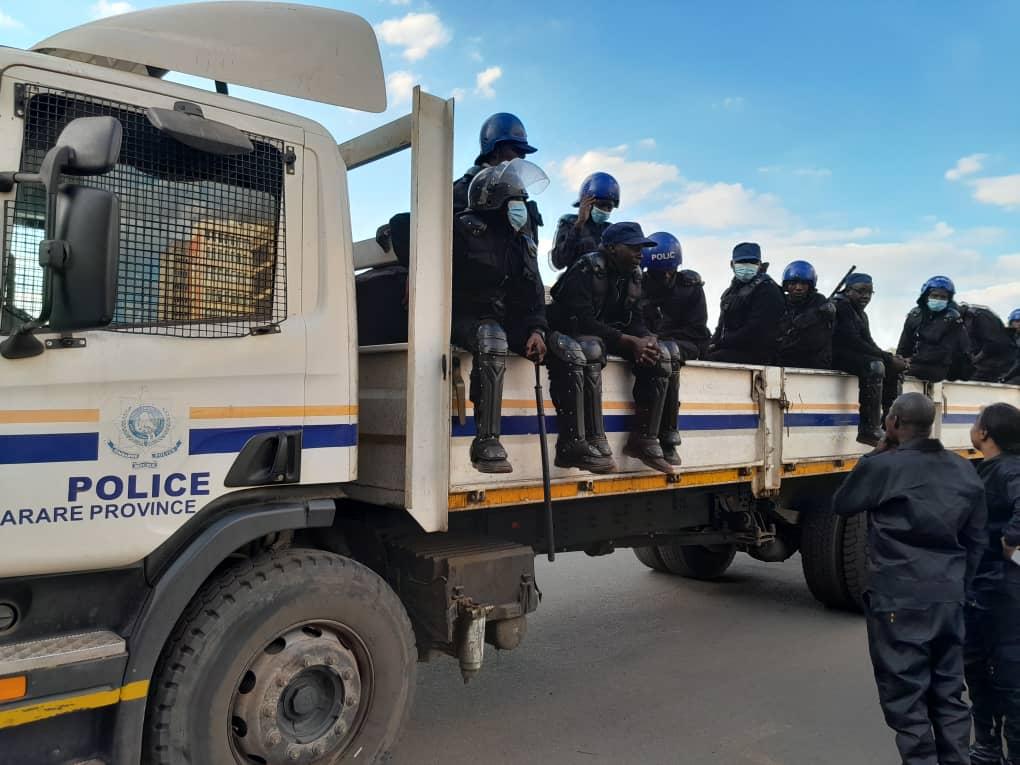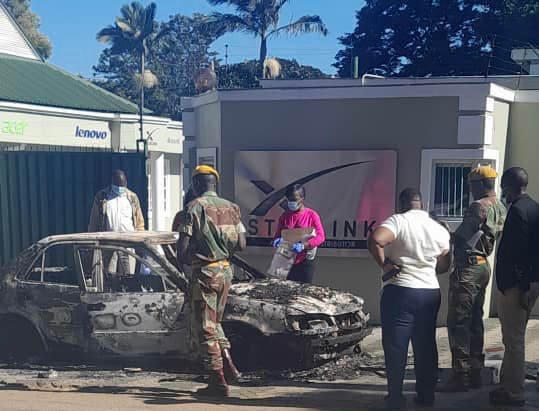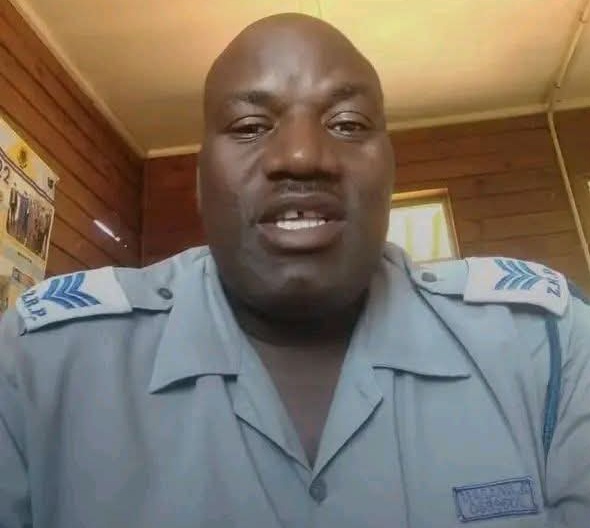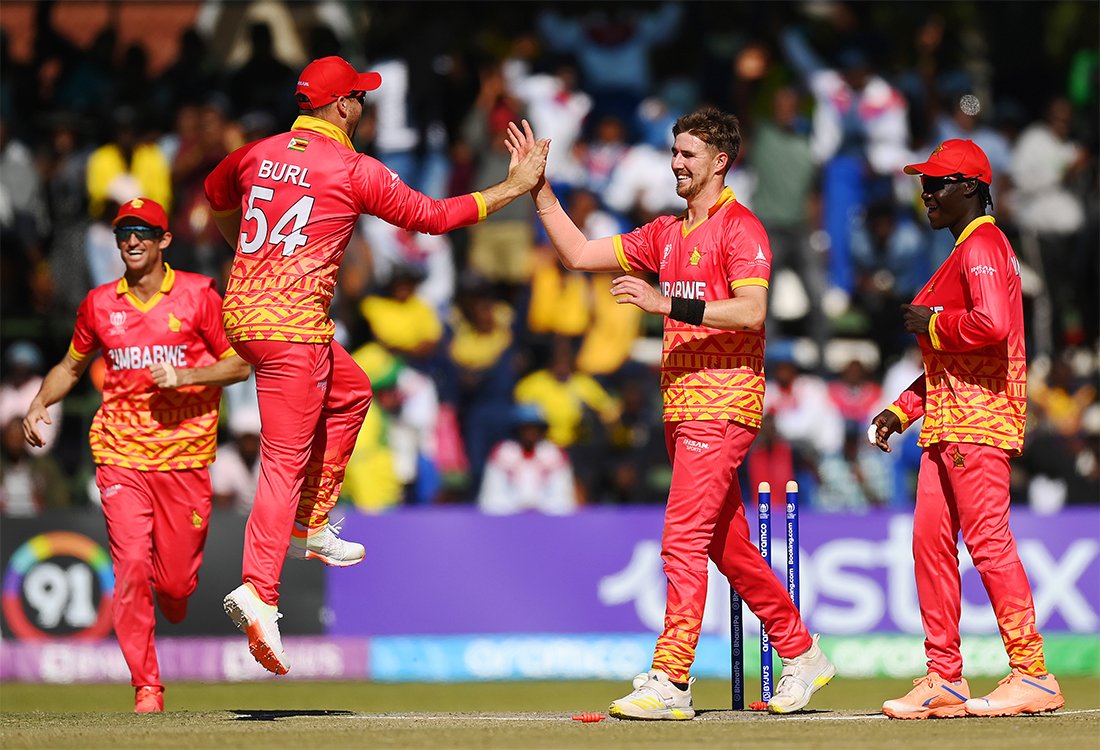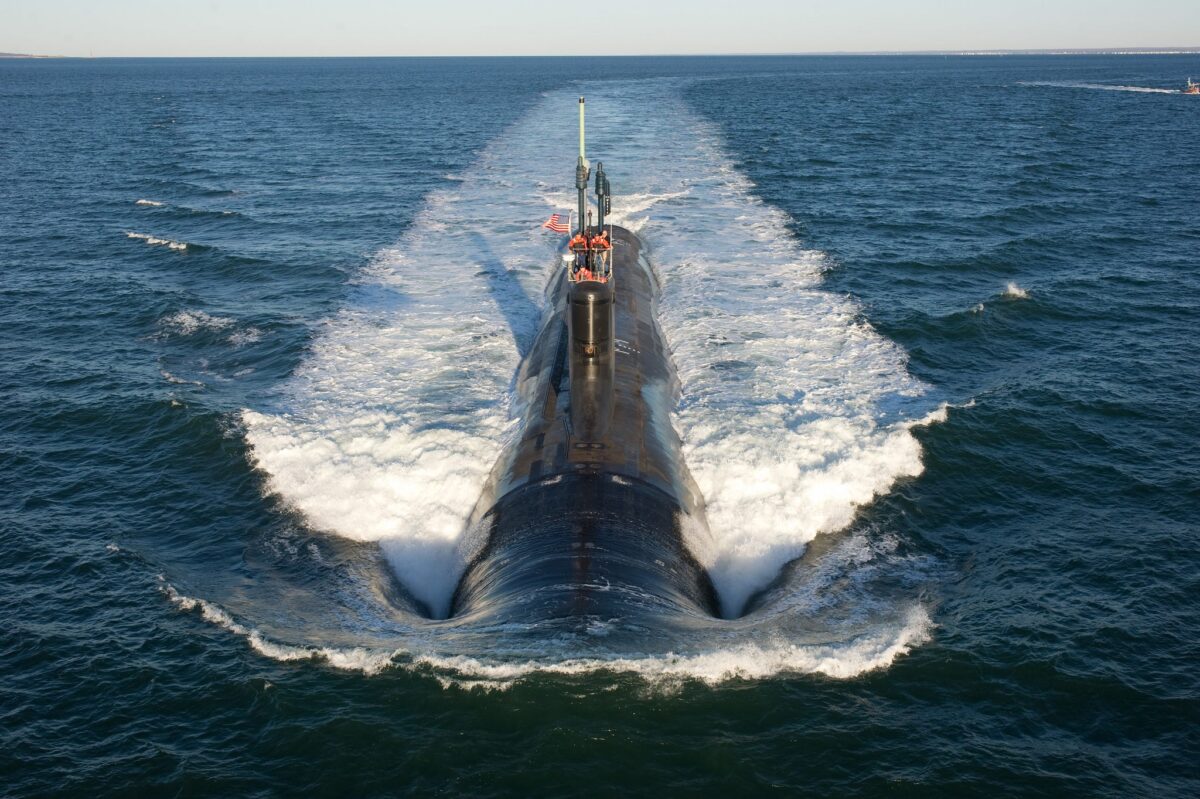HARARE – The Supreme Court will on Thursday rule on an appeal by 12 Citizens Coalition for Change MP candidates from Bulawayo who were disqualified from the August 23 election.
A panel of three judges – Tendai Uchena, Alfas Chitakunye and Hlekani Mwayera – reserved judgement after hearing arguments from lawyers on Wednesday.
The 12 were barred from contesting by the Bulawayo High Court after a judge said they had filed their nomination papers after the 4PM deadline on June 21, which they strongly deny.
Legal arguments centred on preliminary issues raised by lawyers for the 12 at the High Court, which they argued were casually dismissed by Justice Bongani Ndlovu.
“The court a quo had no jurisdiction to hear this matter. Section 161 of the Electoral Act constitutes the Electoral Court as a specialised division of the High Court. The effect of that provision gives the Electoral Court exclusive jurisdiction over electoral matters,” said Advocate Thabani Mpofu, representing six of the candidates.
Mpofu said the 12 appellants at the High Court, styling themselves as “registered voters”, brought an application for review disguised as an application for a declaratur.
“It was an attempt to review the decision made by the nomination court. The High Court ought to have unmasked the applications before it, found that they were reviews masked as declaraturs, and declined to deal with them. The judgement of the court a quo ought to be wholly dismissed,” he added.
Mpofu said it had been established from the Zimbabwe Electoral Commission (ZEC) that the candidates or their agents were in court at 4PM and ready to submit their papers.
“The High Court got itself mixed. The law says you must be in court at 4PM and the nomination court will accept your papers. The position of ZEC insulates everyone it dealt with. ZEC says my clients were in court.”
Mpofu said the judgement of the High Court “puts the commission in unnecessary disrepute.”
Professor Welshman Ncube, representing the other six CCC candidates, told the judges: “While associating myself with Mpofu’s submission on the issue of jurisdiction, the High Court cannot assume jurisdiction on electoral matters on the argument that the Electoral Court cannot issue a declaratur… The conclusion of the High Court is indefensible.”
A critical piece of evidence which the High Court decided disqualified the 12 is a document allegedly obtained from ZEC with timelines. ZEC said the times reflected only showed when data was inputed in a computer, not when a candidate filed their papers. Justice Ndlovu rejected ZEC’s position, supported by affidavits by officials as well as police officers who were present.
Prof Ncube said it made no legal sense that Justice Ndlovu found in favour of one candidate Zvikwete Innocent Mbano of the smaller ZANC party who, according to the ZEC document, has a time of 12.55AM on June 22 next to his name.
“If you follow the logic of the court a quo, Mbano submitted his papers five minutes before 1AM on the morning of June 22. There are five other individuals where a time later than midnight is recorded. Six individuals between the hours of 12.15AM and 1AM. The logic of the court a quo is that the nomination court kept itself open unlawfully and that is not how it was,” he argued.
“Some 22 individuals are recorded between the time of 10AM and 4PM. And 28 individuals are noted to be from 4PM and 12AM. The earliest time recorded was 10:35AM. From the logic of the court a quo, the nomination court did not deal with a submission for the first 35 minutes of its opening on June 21.”
Prof Ncube said the entire case of the 12 “registered voters” was built on “hearsay.”
“When the court a quo was moved to strike this hearsay evidence, it did not do so. This was a gross misdirection in that the issue of hearsay remained ignored by the court a quo,” Prof Ncube added.
Should the Supreme Court uphold the High Court judgement, the country’s main opposition party will have no representative from Bulawayo both in the Senate and National Assembly, a massive dent on the ambitions of party leader Nelson Chamisa who is seeking to end Zanu PF’s 43-year rule.
As the Supreme Court sat, President Emmerson Mnangagwa was holding a rally in Cowdray Park in Bulawayo where he appeared to suggest the appeal was a lost cause.
“Zanu PF is an organised political party, Zanu PF keeps time. When there is a nomination court, we know when it opens and when it closes. I say to those that are unable to read times a
that they should go back and reclaim their school fees,” Mnangagwa said.
“Zanu PF is uncontested in Cowdray Park, Bulawayo Central, and Bulawayo South not because we stopped anybody but because they stopped themselves. Our party is also uncontested in the provincial council. Congratulations Bulawayo!”
Although Zanu PF is uncontested in three seats following the High Court ruling, the party would still face off against smaller opposition parties should the 12 fail in their bid to be reinstated on the ballot.

